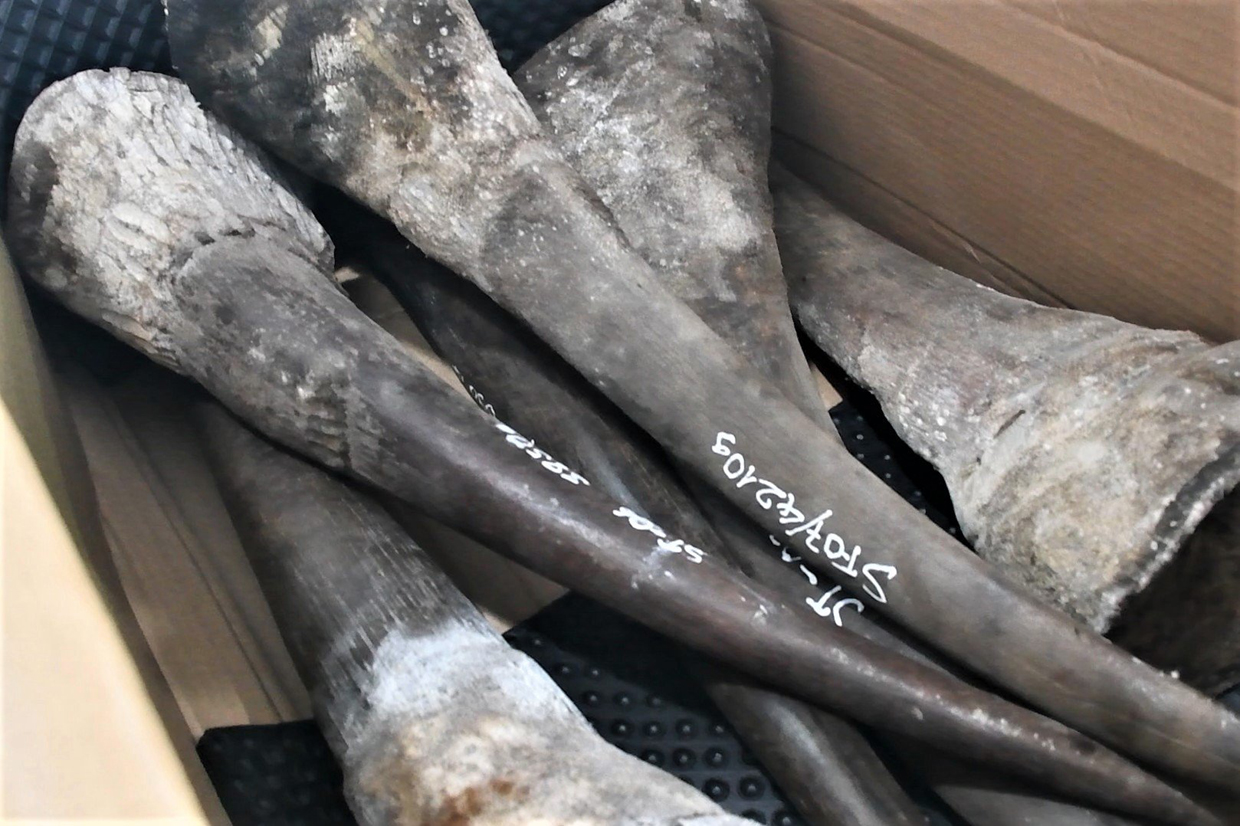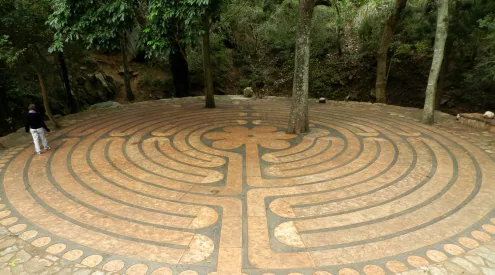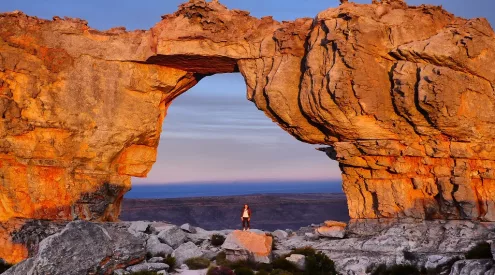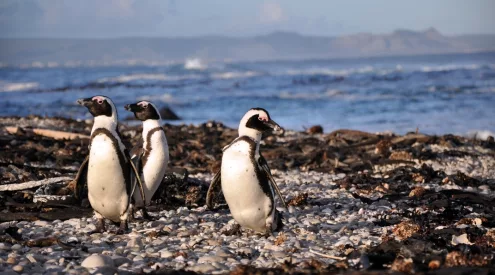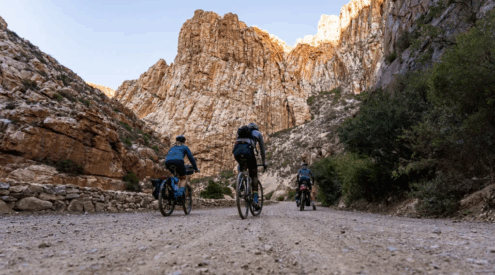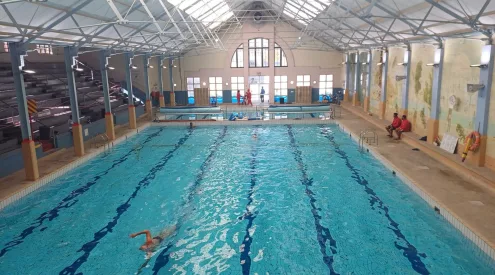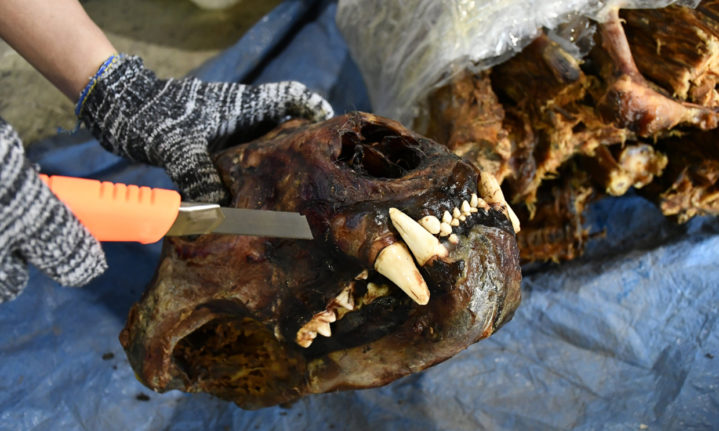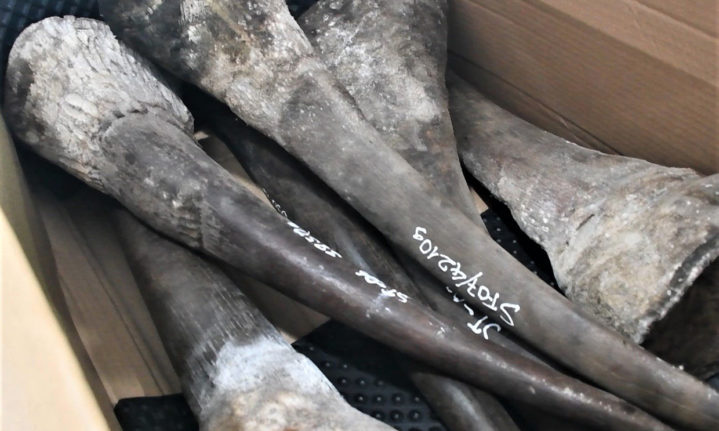On July 18th Da Nang Customs Department said it had seized a container holding more than 138 kg of rhino horn and more than 3.1 tons of animal bones on the banned list from South Africa. The contraband was imported through Tien Sa port (Da Nang) and was declared as wood.
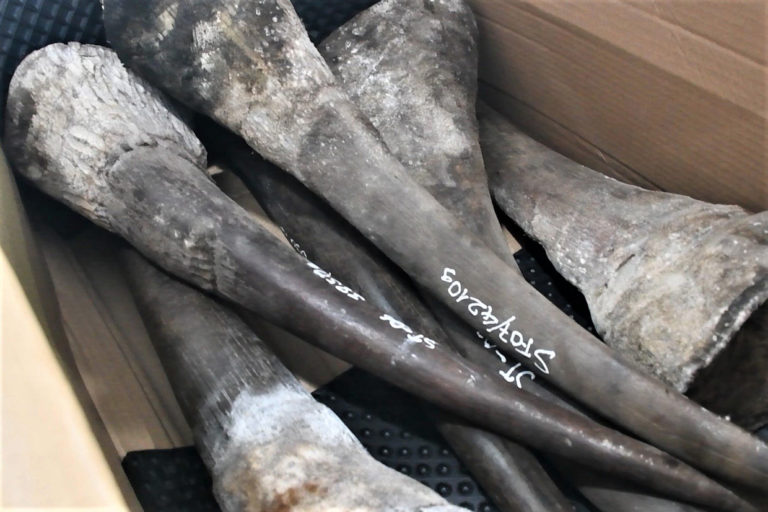
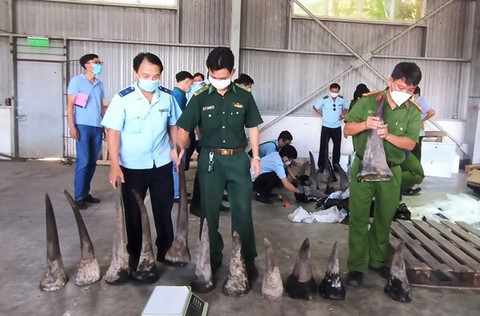
Officials count rhino horns seized in the joint exercise on 17 July
The Customs Department said on the morning of July 17, it had coordinated with the Anti-smuggling and Investigation Department, the Environmental Police Department (C05) – Ministry of Industry and Trade and other authorities to search a container transported from South Africa to Vietnam on suspicion that imported goods were not properly declared.
The interdisciplinary force discovered more than 138KG of animal horns and 3.1 tons of animal bones suspected to be on the list of wild fauna species that is protected under the Convention on International Trade in Endangered Species of Wild Fauna and Flora (CITES). These are suspected to be lion bones which are used in the manufacture of illicit tiger bone wine.
The increase in demand for tiger bone wine, supposedly because of a mistaken belief that drinking it boosts virility and sexual prowess, has drawn attention to the plight of Asian tigers which have been bred and harvested to manufacture the wine. The demand has led to the use of lion bone instead of tiger bones and opened up an avenue for captive lion breeders in South Africa to harvest and trade in lion bones.
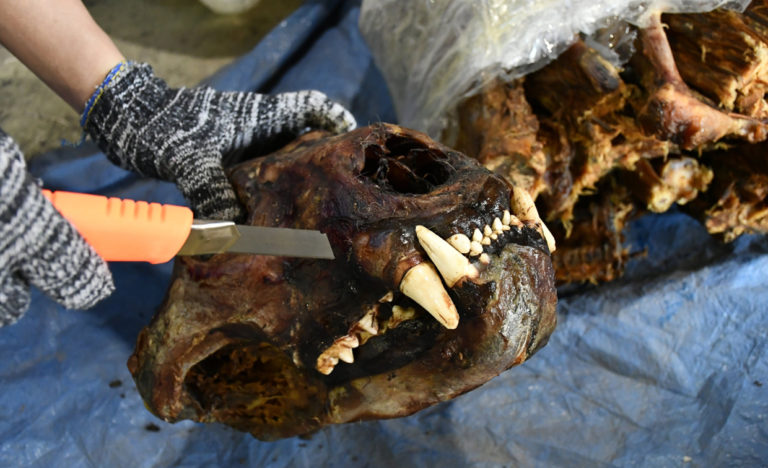
This skull of what is most likely a lion made up part of the 3.1 tons of bone
Limited trade in lion bones in South Africa has been permitted for a number of years. This trade is currently under review by South Africa’s Ministry of Forestry and Fisheries and Environmental Affairs. On 2 May the department’s Minister Barbara Creecy released the report of a high-level panel that was appointed to review policies, regulatory measures, practices and policy positions that are related to hunting, trade, captive keeping, management and handling of elephant, lion, leopard and rhinoceros.
In her announcement she said the panel identified that “the captive lion breeding industry poses risks to the sustainability of wild lion conservation resulting from the negative impact on ecotourism, which funds lion conservation and conservation more broadly, the negative impact on the authentic wild hunting industry, and the risk that trade in lion parts poses to stimulating poaching and illegal trade”.
Read More: SA government to take action against captive lion hunting and breeding
